Using PHP BackedEnum as Route Requirements
Contributed by Thomas Calvet
in #45803.In PHP, backed enumerations are enumerations where all its elements are backed by some scalar value. This makes them useful to restrict the possible values of some routing parameter. In previous Symfony versions, you had to create the requirements manually using public constants:
#[Route('/foo/{bar}', requirements: ['bar' => SomeEnum::AAA.'|'.SomeEnum::BBB])]In Symfony 6.1, we're improving the Routing component to fully support \BackedEnum objects as follows:
use Symfony\Component\Routing\Requirement\EnumRequirement;// 'bar' parameter allows all values defined in the Enum
[Route('/foo/{bar}', requirements: ['bar' => new EnumRequirement(SomeEnum::class)])]
// 'bar' parameter only allows certain values of those defined in the Enum
[Route('/foo/{bar}', requirements: ['bar' => new EnumRequirement(SomeEnum::class, SomeEnum::Aaa, SomeEnum::Bbb)])]
A Collection of Common Routing Requirements
Contributed by Thomas Calvet
in #45528.When defining routes, there are some requirements that repeat on many projects. For example, restricting some value to be an integer, or a date or a valid UUID pattern. In Symfony 6.1 we're introducing a Requirement enumeration to define all those common routing requirements so you can use them in your projects:
use Symfony\Component\Routing\Requirement\Requirement;[Route('/users/{id}', requirements: ['id' => Requirement::UUID_V4])]
[Route('/users/{id}')]
[Route('/posts/{date}/{slug}', requirements: [
'date' => Requirement::DATE_YMD,
'slug' => Requirement::ASCII_SLUG,])]
// 'CATCH_ALL' is equivalent to '.+' (accepts all characters, including '/')
[Route('/category/{name}', requirements: ['name' => Requirement::CATCH_ALL])]
UTF-8 Parameter Names
Contributed by Nicolas Grekas
in #45054.In PHP, variable identifiers can contain UTF-8 characters (e.g. $iñtërnâtiónàlizætiøn = '...') However, parameters in Symfony routes could only include ASCII characters. In Symfony 6.1 we're improving the Routing component to allow using UTF-8 characters in all route parameters:
use Symfony\Component\Routing\Annotation\Route;[Route('/blog/{föo}/{bár}', name: '...')]
public function someControllerMethod(string $föo, string $bár) { // ... }
Sponsor the Symfony project.Inicia sesión para agregar comentarios
Otros mensajes en este grupo.
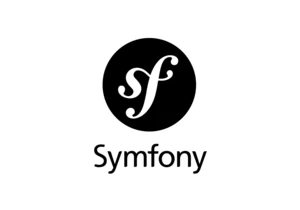
Today we are happy to announce a new Symfony initiative called Symfony AI - with the goal to provide a comprehensive set of components and bundles designed to bring powerful AI capabilities directly i
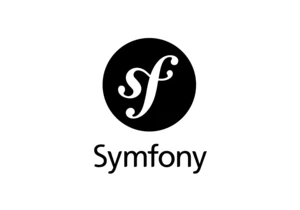
SymfonyCon Amsterdam 2025, our next annual international Symfony conference, will take place on:
November 25 & 26: 2 workshops days with several topics to learn, practice and improve your skills
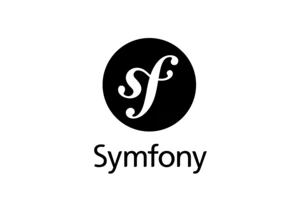
This week, development on the upcoming Symfony 8.0 version continued with the removal of deprecated features and the marking of several classes as final. In addition, we published two new case studies
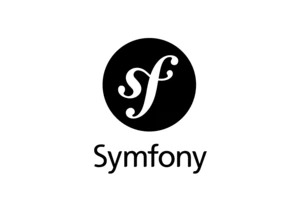
At Wide, Micropole’s digital agency, they help leading brands modernize their digital infrastructures while ensuring scalability, security, and performance. When Audi France approached them to migrate
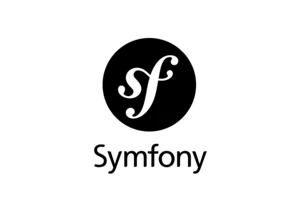
Vente-unique.com, a leading European online retailer of furniture and home decor, operates in 11 countries, powered by a team of 400 professionals and serving more than 3 million customers. From 15 ye
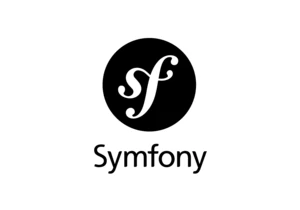
This week, Symfony 6.4.23, 7.2.8 and 7.3.1 maintenance versions were released. Meanwhile, the upcoming Symfony 7.4 version continued adding new features such as better controller helpers, more precisi
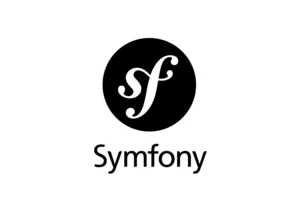
Symfony 6.4.23 has just been released. Read the Symfony upgrade guide to learn more about upgrading Symfony and use the SymfonyInsight upgrade reports to detect the code you will need to change in you
